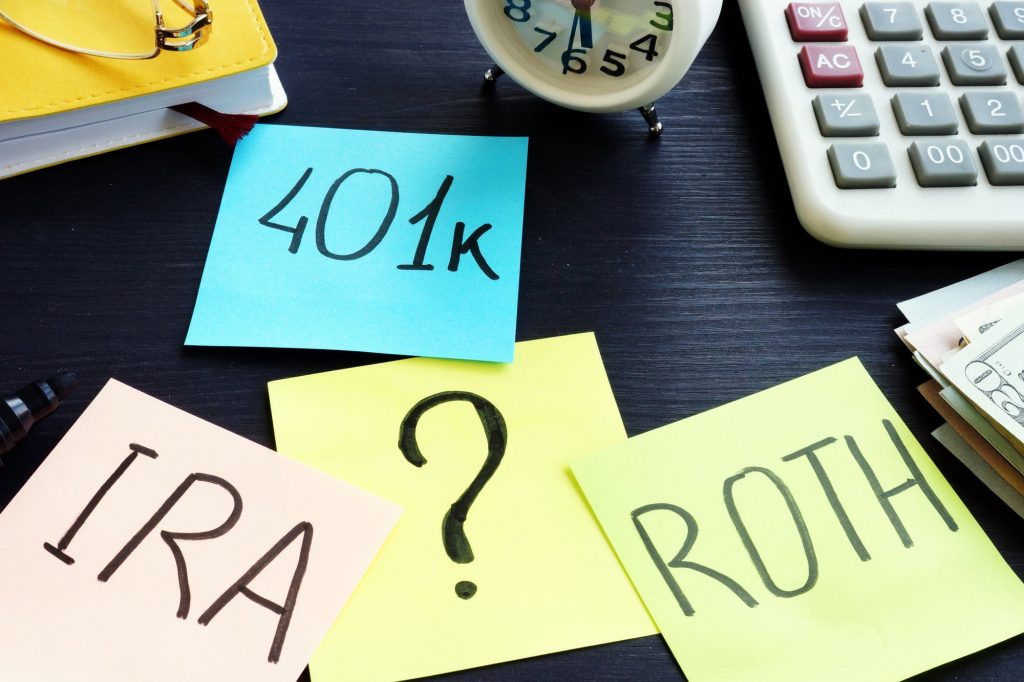
Employer-matching contributions are the standout feature of many 401(k) retirement plans. If your 401(k) offers match, you max it out — even if that same plan has high fees and poor investment choices. But what’s a saver to do with a 401(k) that doesn’t offer matching contributions? Here are four approaches you can take to build a comfortable retirement anyway.
1. Health Savings Account (HSA)
An HSA is not just for your current-year medical expenses. It’s an effective place to save for retirement, too. The power of the HSA lies in its triple tax benefit. Your contributions are tax-free, your investment growth is tax-deferred, and your distributions for eligible medical expenses are also tax-free. Plus, once you reach the age of 65, you can take withdrawals for nonmedical expenses without penalty. Those nonmedical withdrawals are taxable as ordinary income, similar to the retirement withdrawals you’d take from your 401(k).
Unfortunately, you’re eligible to contribute to an HSA only if you have a high-deductible health plan (HDHP). In 2021, the minimum deductible for HDHPs is $1,400 for individual coverage and $2,800 for family coverage. If your plan qualifies, you can deposit up to $3,600 in an HSA if you have individual coverage or up to $7,100 if you have family coverage. You also qualify for an additional $1,000 in catch-up contributions if you are 55 or older.
Once the money’s in the account, remember to invest it. Your investment options will vary by plan provider, but the usual choices are mutual funds, exchange-traded funds (ETFs), stocks, and bonds.
2. Roth or traditional IRA
In 2021, you can save up to $6,000 cumulatively to your IRA accounts, or $7,000 if you’re 50 or older. What’s nice about IRAs is they’re not tied to your employer — so you can shop around for one with low fees and broad investment options.
Roth IRA contributions are not tax-deductible, but qualified distributions in retirement are tax-free. You can also withdraw your Roth IRA contributions, but not the earnings, at any time without penalty. Traditional IRA contributions are tax-deductible in the current year, but you pay income taxes on your retirement withdrawals. You normally can’t pull funds from your traditional IRA without penalties until you reach the age of 59 and a half.
Before you decide which IRA you like better, know that Roth IRA contributions are subject to income limitations. The full $6,000 or $7,000 contribution is available to single filers who make less than $125,000 a year or married filers earning less than $198,000. You can make a lesser Roth IRA contribution as long as your income isn’t more than $140,000 as a single filer or $208,000 as a joint filer.
3. 401(k) with no match
Another option is to save to your 401(k), even without matching contributions. You’ll get a tax break on your contributions plus tax-deferred growth on your investment earnings. Those perks can add up over time, given that 401(k)s have pretty high contribution limits — $19,500 for 2021, or $26,000 if you’re 50 or older.
Of course, the tax savings may not be worth it if your 401(k) has annual fees of 2% or more, along with subpar investment options. In that case, you may prefer to save to a taxable brokerage account instead.
4. Taxable brokerage account
A taxable brokerage account has no IRS-imposed restrictions on withdrawals or how much you save. You also get access to the full range of exchange-traded securities and, depending on your broker, the account and trading fees can be quite low.
The trade-off is that you will pay taxes annually on your realized gains, dividends, and interest. Fortunately, it’s not hard to keep that tax bill low.
For starters, avoid dividend payers and taxable fixed-income securities in this account. Focus on stocks of growth-oriented companies that you can hold for the long term. You won’t owe a dime in taxes on these until you sell them at a profit (assuming they don’t make shareholder distributions in the future). And if you want to hold funds, choose positions that are specifically managed for tax efficiency. Even funds that don’t pay regular dividends might make periodic capital gains distributions, and those would be taxable.
Spread it around
You don’t need 401(k) match to build a comfortable nest egg. All you really need is the discipline to save independently to other accounts, without the help of automatic paycheck deferrals. Conquer that part and the rest is straightforward. Set an aggressive target for your total retirement contributions, max out your tax-advantaged options, and then invest what’s left in a taxable brokerage account. That’ll give you tons of financial flexibility, both now and when you retire.





























